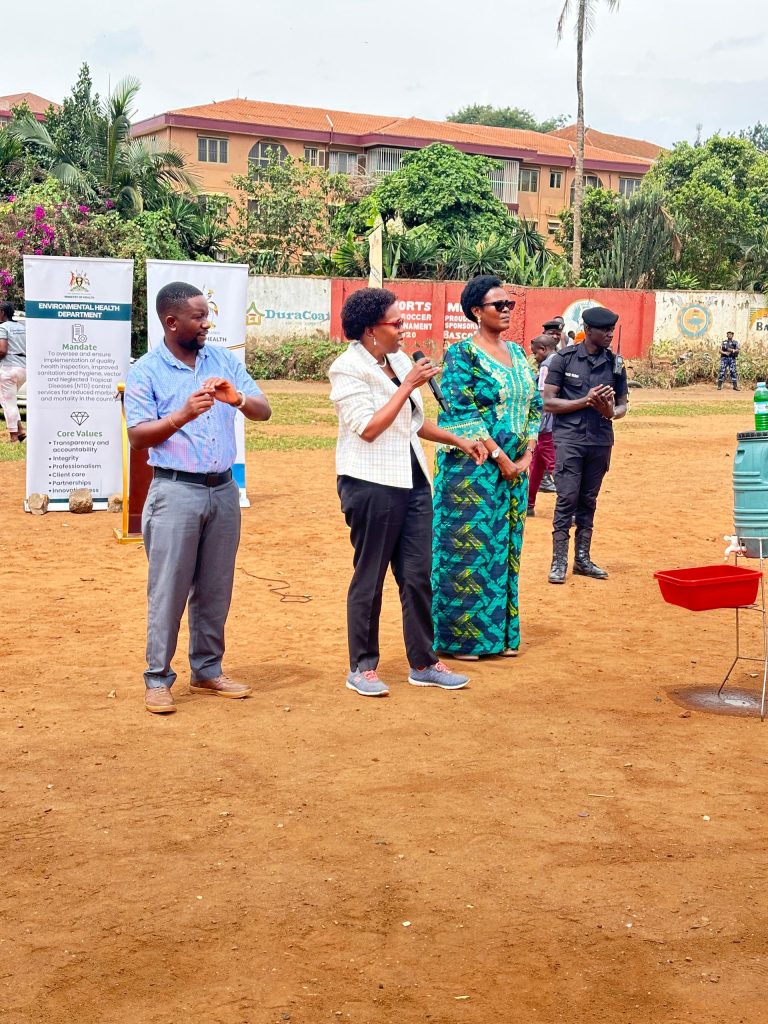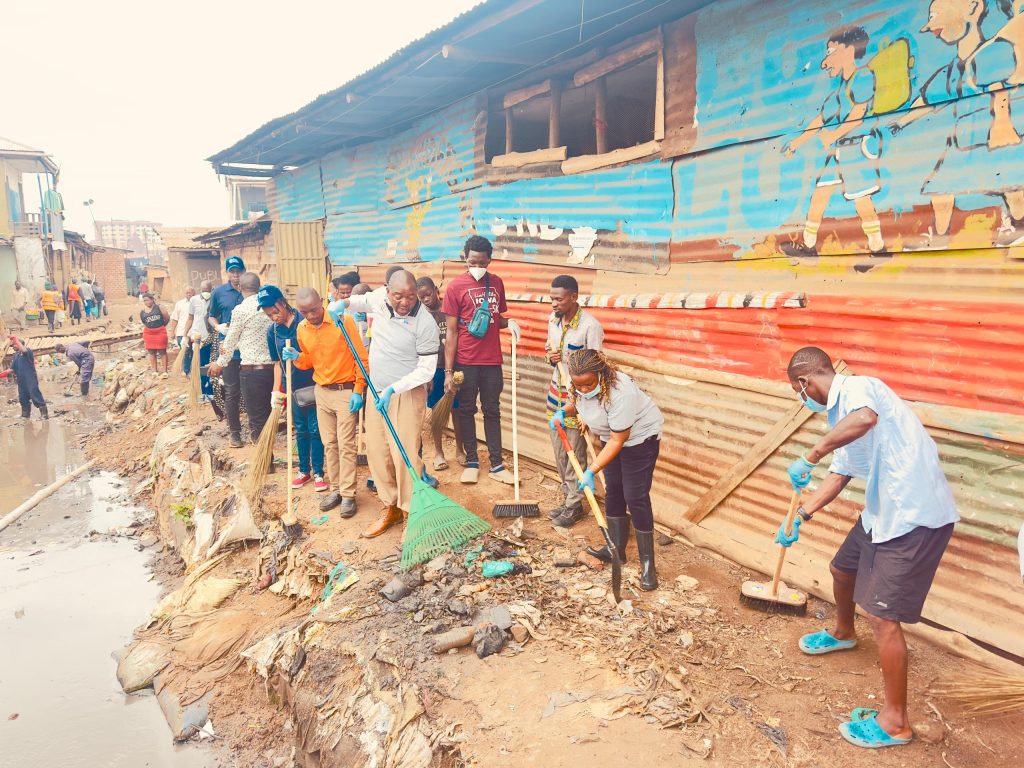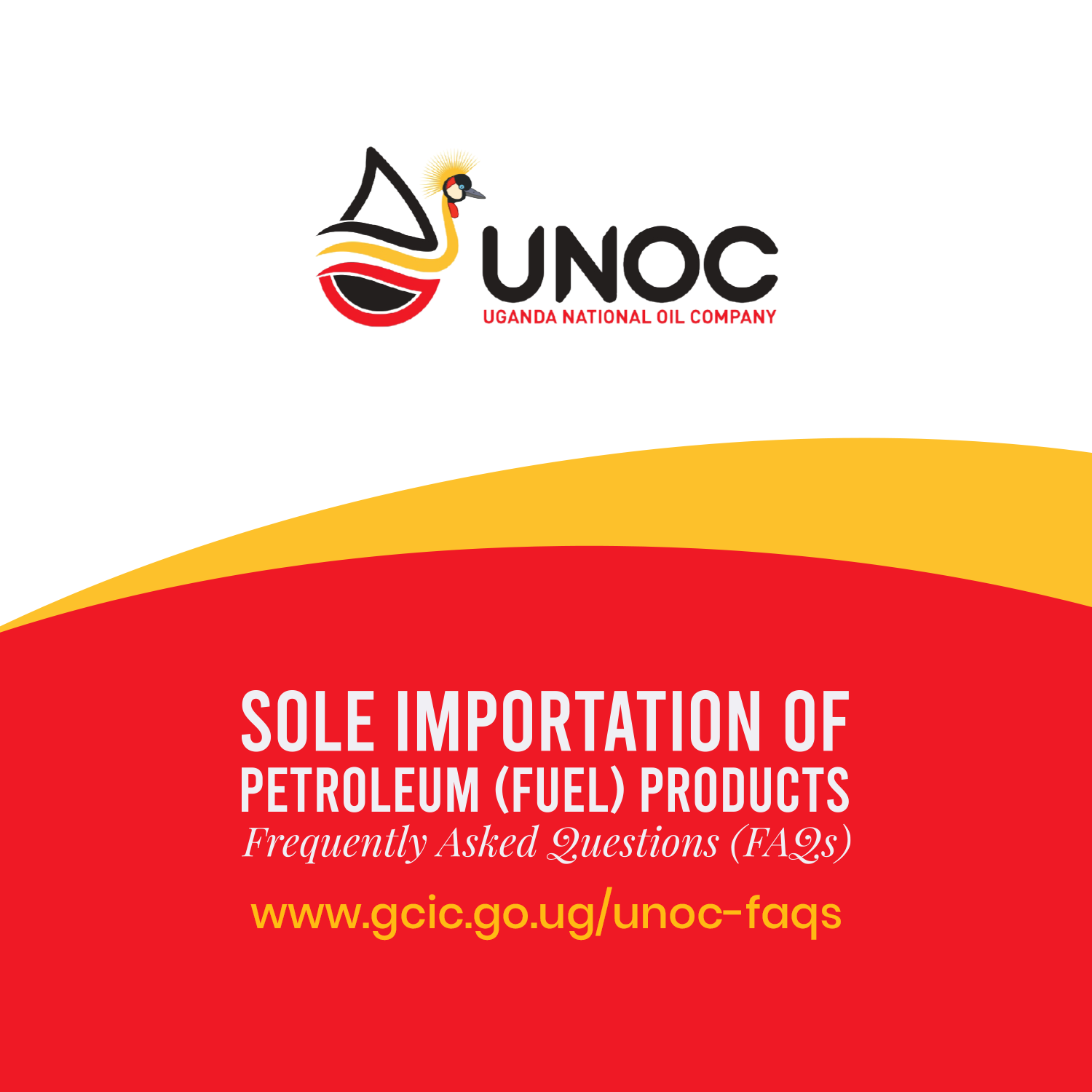The Ministry of Health has officially launched Sanitation Week, a nationwide initiative aimed at promoting hygiene and improving sanitation practices to prevent the spread of preventable diseases. The launch event, held in the densely populated slum of Katanga, Kampala, was attended by key government officials, including Minister of Health Dr. Jane Ruth Aceng, Permanent Secretary Dr. Diana Atwine, and representatives from the Kampala Capital City Authority (KCCA) and Buganda Kingdom.


Dr. Aceng underscored the vital role that sanitation plays in public health. “The better the hygiene, the fewer the diseases,” she stated, urging communities to adopt hygienic practices such as regular handwashing, proper waste disposal, and safeguarding clean water sources. Dr. Aceng called for concerted efforts to reduce the incidence of preventable diseases like cholera, diarrhoea, and typhoid, which have long plagued communities with inadequate sanitation facilities.
Permanent Secretary Dr. Atwine highlighted the detrimental impact of poor sanitation on Uganda’s development, noting that hospitals often bear the burden of treating preventable diseases. “We are tired of treating cholera and diarrhoea, which are preventable. It’s time to act and make a change,” she added.
Katanga, one of the many slums in the Kampala metropolitan area, is home to around 20,000 residents. The area faces significant challenges related to sanitation, including inadequate waste management, poor drainage systems, and limited access to clean water. These factors contribute to the spread of deadly diseases like cholera, diarrhoea, and typhoid.
During the launch, the Ministry of Health revealed concerning statistics that highlight the scale of Uganda’s sanitation challenges. It was noted that 16% of Ugandans still practice open defecation, which significantly contributes to widespread sanitation problems.
Additionally, Kampala has only 120 community toilets, serving a daytime population of 5 million and a nighttime population of 2 million, falling far short of the necessary demand. In Kawempe Division, home to 450,000 residents across 120 zones, there is still a lack of a fully equipped hospital, further exacerbating the difficulties caused by poor sanitation.
To kick off the Sanitation Week celebrations, Dr. Aceng planted a tree at the Katanga drainage channel as part of the government’s broader efforts to address drainage and environmental sustainability. This symbolic act also highlights the government’s commitment to strengthening sanitation infrastructure, enforcing hygiene regulations, and fostering community participation in maintaining cleaner, healthier environments.
The Ministry of Health has called on local leaders, development partners, and citizens to unite in the fight for better sanitation. With collective effort, Uganda can significantly reduce the disease burden and improve public health outcomes across the nation.
Dr. Aceng concluded by urging all Ugandans to take personal responsibility for their hygiene practices and to encourage others to do the same. “Together, we can make a difference,” she said. “We have the power to prevent diseases and create a cleaner, healthier Uganda.”
The Ministry of Health’s Sanitation Week is designed to raise awareness about the importance of sanitation in preventing diseases, promote hygiene education in schools and communities, and advocate for improved waste management systems, particularly in underserved areas.
It also aims to empower local leaders and communities to take ownership of sanitation efforts, encouraging collective responsibility for cleaner and healthier environments. Through these initiatives, the Ministry hopes to make significant strides in reducing disease burdens and improving public health outcomes across Uganda.
As Uganda continues to face the challenge of improving sanitation, initiatives like Sanitation Week are crucial in making progress toward a healthier and more sustainable future for all Ugandans.





